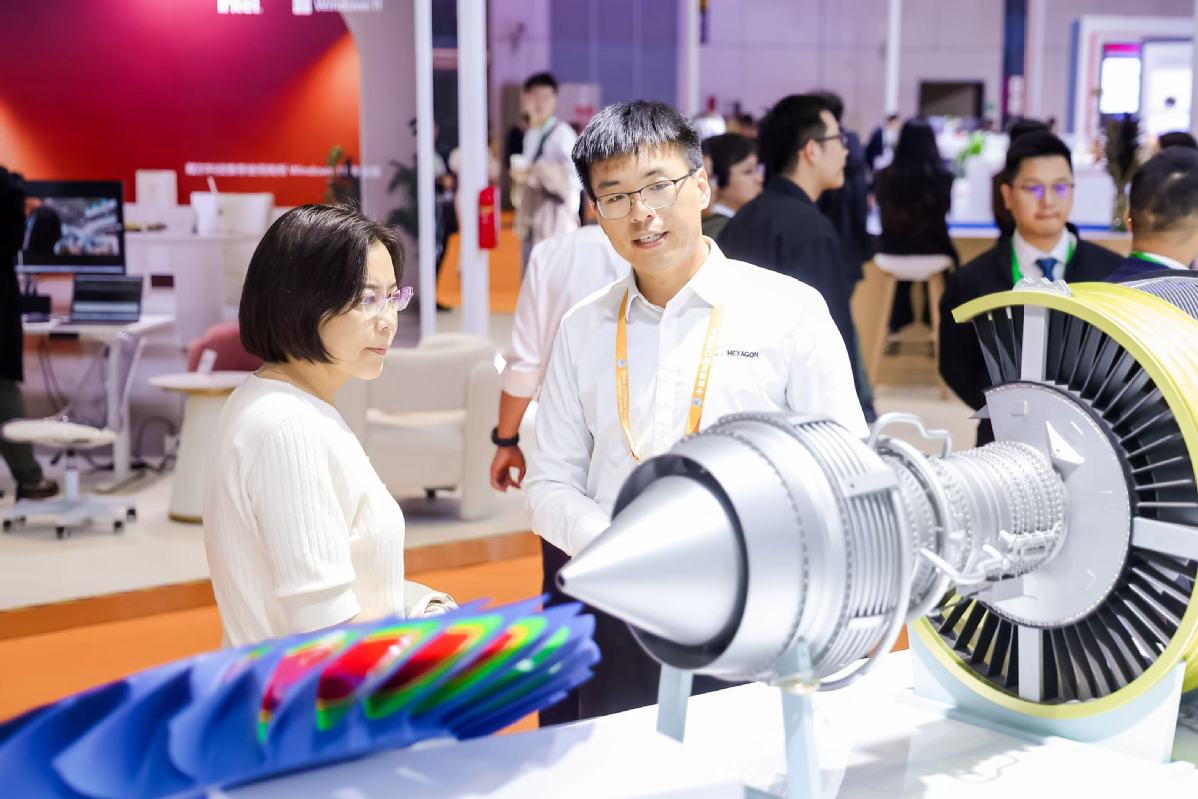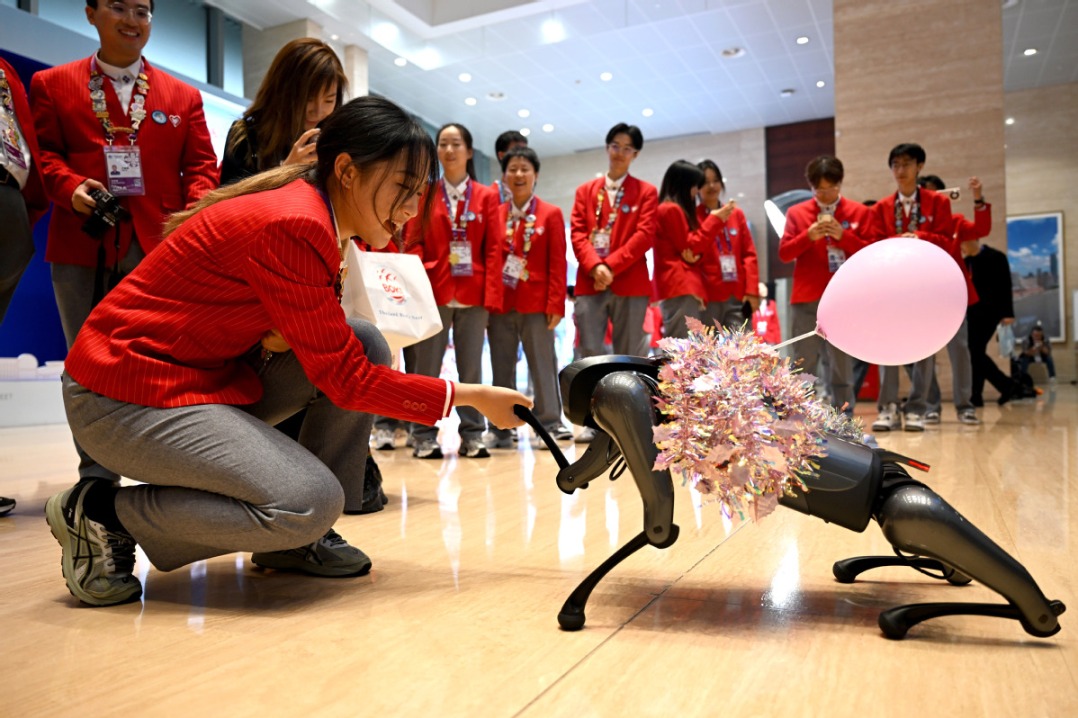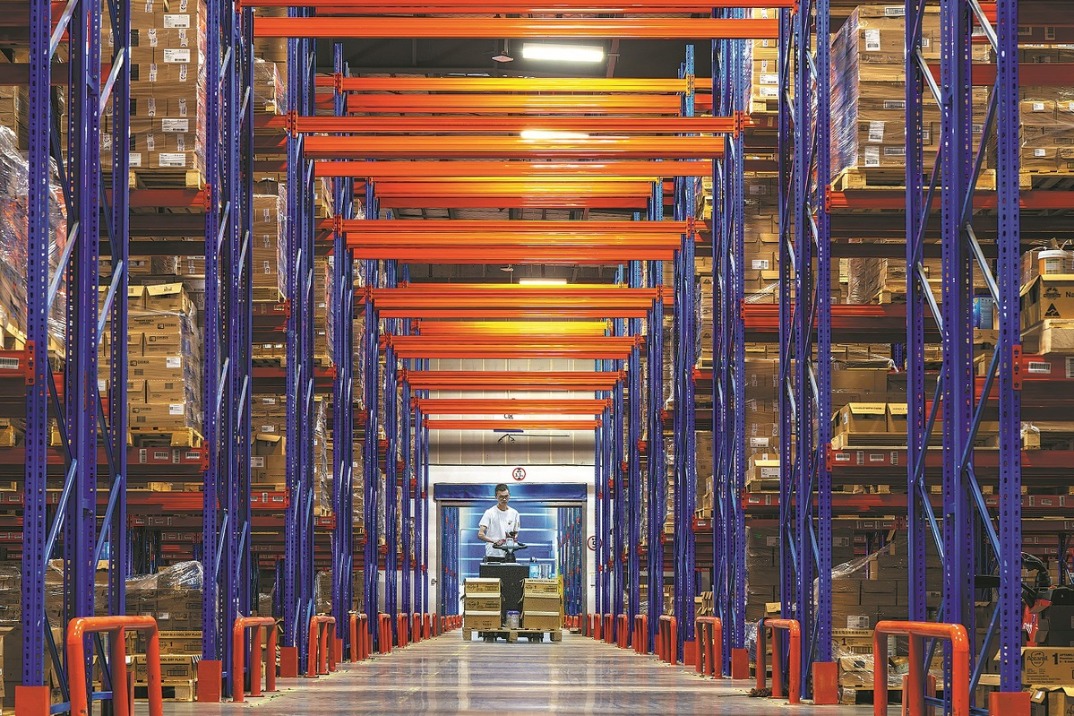Swedish tech group Hexagon's Shenzhen base to start operating next year


Hexagon AB, a Swedish technology group and seven-time participant at the China International Import Expo, will put its South China headquarters in Shenzhen, Guangdong province, into operation by the end of 2025, with an investment of more than 200 million euros ($214.38 million), said its senior executives.
This will create an "Industry 4.0" demonstration model, including a global "lighthouse factory" and a core resource ecosystem for the entire industrial chain. It will also offer solutions support for clients in Southeast Asia and other Asian countries, said Josh Weiss, president of Hexagon's manufacturing intelligence division.
After establishing empowerment centers in Shanghai and Qingdao, Shandong province, as well as other regions in the country in recent years, the Stockholm-based group believes that collaborating with local partners and startups can be beneficial for its businesses, helping the company to remain agile and address China's industry needs directly.
Optimistic about the Chinese market, Hexagon showcased its latest products and technology solutions during the seventh CIIE in Shanghai last week, with an exhibition area covering 600 square meters.
Through its "Smart Manufacturing" approach, the Swedish company has developed digital solutions that create a closed-loop system from design all the way through to production and operations in China.
Highlighting the importance of accessibility - ensuring solutions are affordable, easy to implement and designed, especially for companies transitioning to digital - the company is performing well in China, Hao Jian, executive president of Hexagon's manufacturing intelligence Greater China, said.
For instance, Weifang, Shandong province-based Weichai Holding Group Co Ltd and Shanghai Tobacco Group Co Ltd have transformed their quality management processes using digital systems provided by Hexagon.
Operating in 50 countries and regions with multiple production bases, Hexagon has established a supply chain in China. For example, its coordinate measuring machines, once 100 percent imported, are now 90 percent domestically manufactured.




































